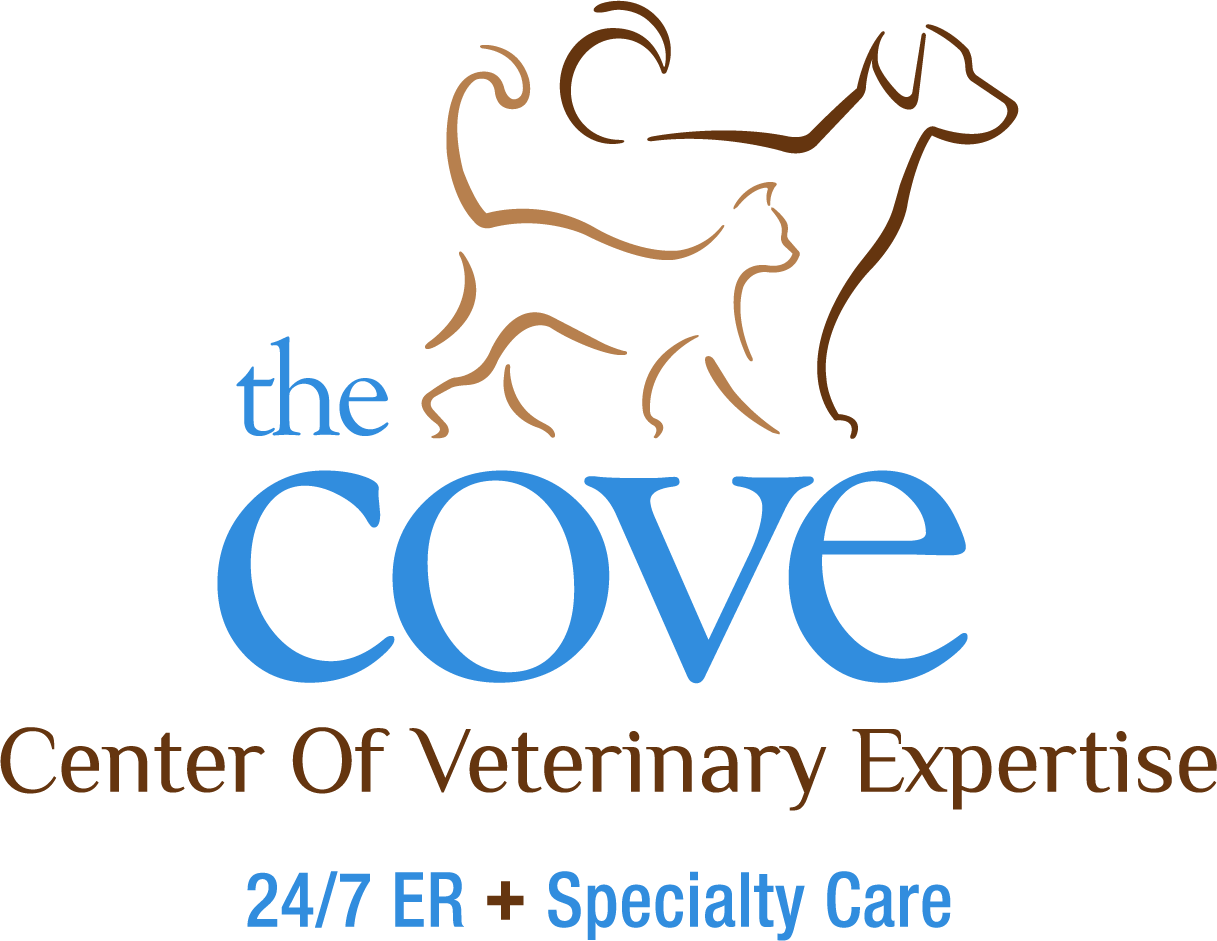Bloat is one of the most life-threatening emergencies a dog can have, and it can occur in one of two ways. In the first, gastric dilatation (GD), the stomach fills with gas and swells (dilatation), putting stress on surrounding organs and blood vessels. The second, gastric dilatation-volvulus (GVD), is even more dangerous, because in addition to swelling, the stomach twists (volvulus), cutting off the blood supply to vital organs.
Both GD and GVD require immediate veterinary care because it doesn’t take long for serious damage to be done. Some pets with GVD have passed away within hours after their owners first noticed signs.
Veterinarians aren’t sure exactly what causes it, but one thing is certain – being familiar with the symptoms and getting your pet immediate care can help save her life.
Be Aware of Risks
Your dog’s breed, size, and age all factor into her risks for developing GD or GVD. Large and giant breed dogs, especially those with deep chests, are at the highest risk, including Great Danes, Weimaraners, Doberman Pinschers, St. Bernards, Akitas, Standard Poodles, German Shepherds, and Boxers. Additionally, leaner dogs and older dogs tend to bloat more frequently than overweight and younger dogs.
But while those dogs may be more susceptible, it’s important to understand that any dog can develop GV or GVD.
Signs & Symptoms
The most common sign of GVD is unproductive retching – your dog is trying to throw up, but nothing is coming out because the stomach has twisted, blocking the esophagus. Other telltale signs of both GD and GVD include a swollen, firm abdomen, difficult breathing, and lethargy.
If Your Dog Bloats
If you recognize symptoms of GD or GVD in your dog, you need to act fast. Most patients will need emergency surgery to deflate and, if necessary, untwist the stomach and restore vital blood flow. During that procedure, the veterinarian may also perform a gastropexy, which tacks the stomach to the abdomen wall to prevent it from twisting again. Many dogs that develop GD or GVD are prone to do so in the future, so this can be a lifesaving preventive measure.
Whether it’s GD or GVD – and it can be impossible to tell – your pet needs urgent veterinary care. Get your pet to your primary care veterinarian or a 24-hour emergency veterinary hospital like The COVE. Our emergency veterinary team is trained to handle cases like this and will advise on the best treatment for your pet. We are open 365 days a year, and no appointment is ever needed. We ask that you please call first (757-935-9111) so that we can prepare for your arrival.
About Us
The COVE’s veterinarians and staff wholeheartedly embrace the core values of community, collaboration, commitment, compassion, and integrity. This focus ensures that pets, the people who love them, and their primary care veterinarians have as positive and affirming a healthcare experience as possible, regardless of the circumstances that bring us all together.
